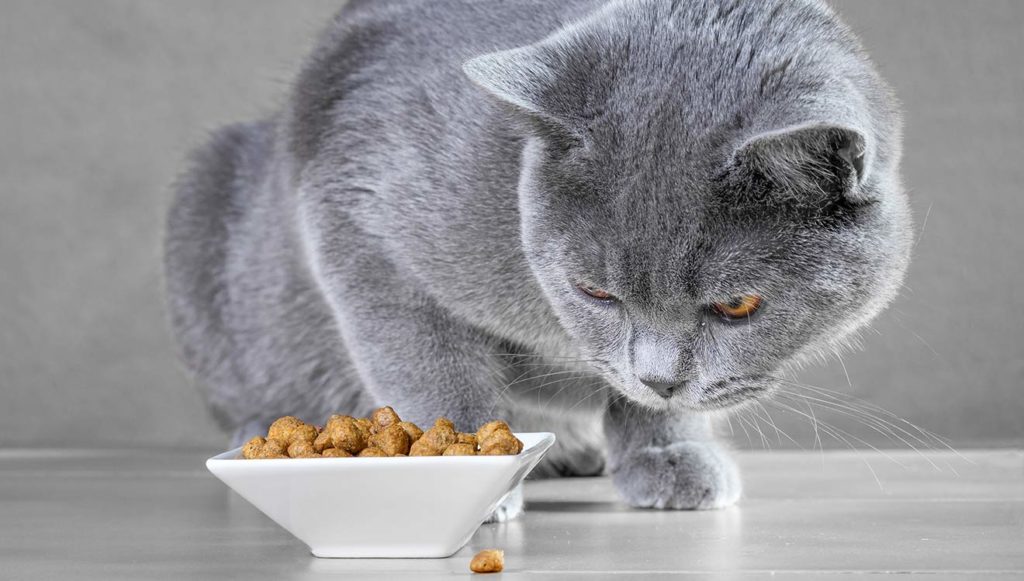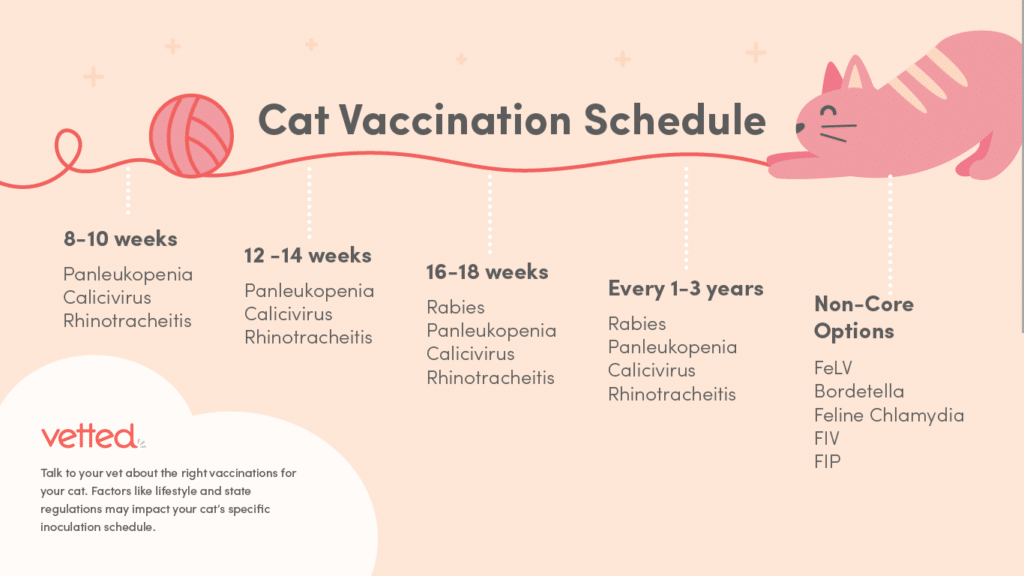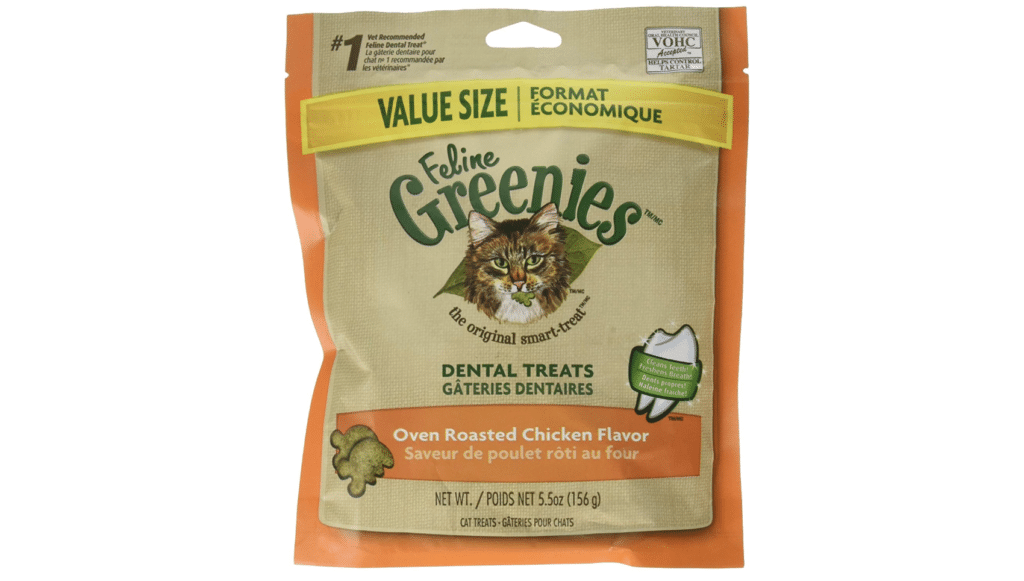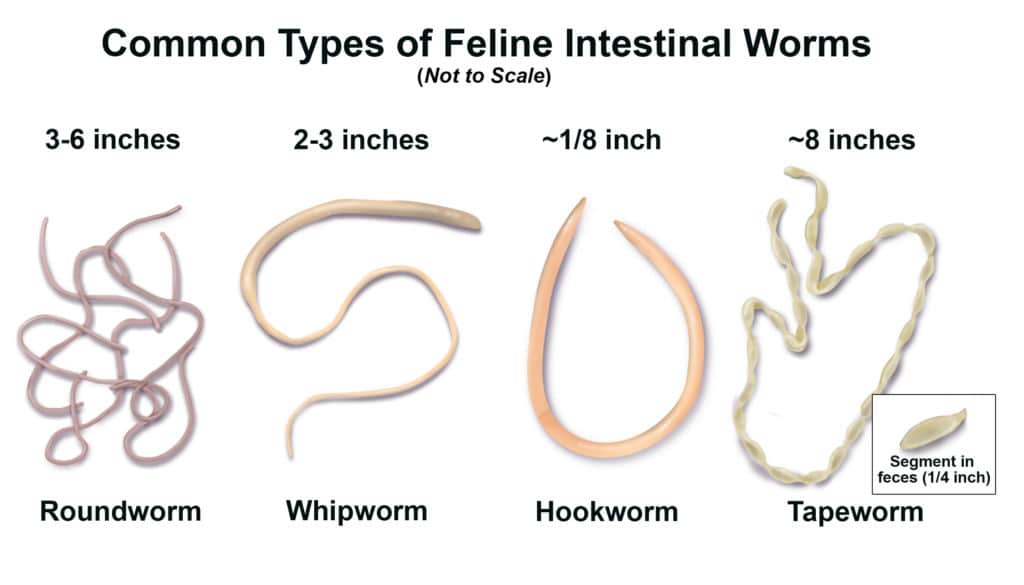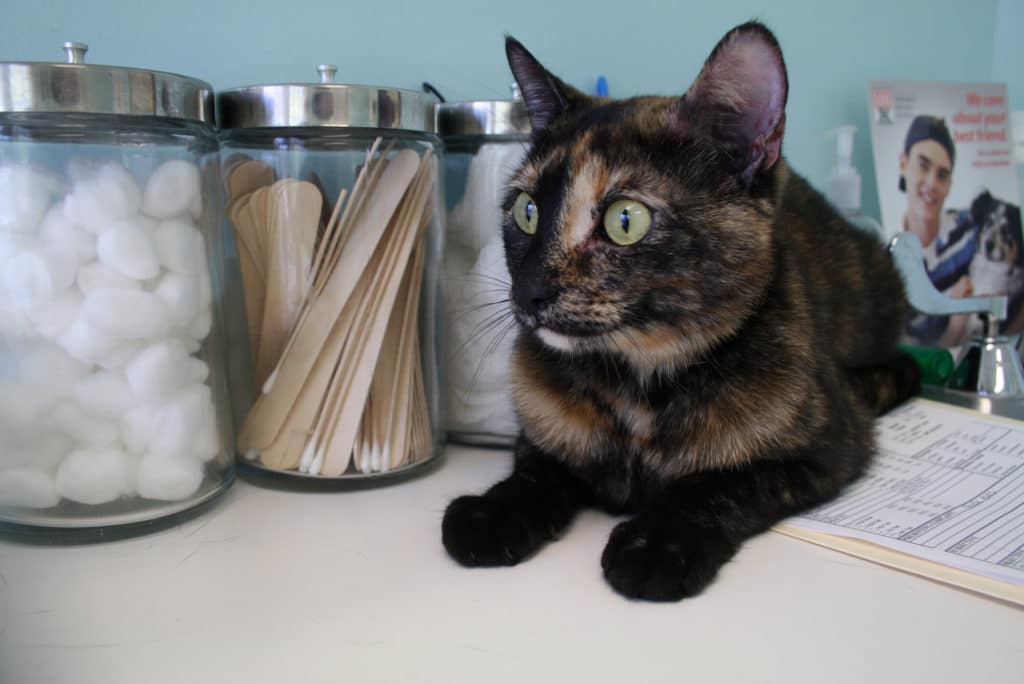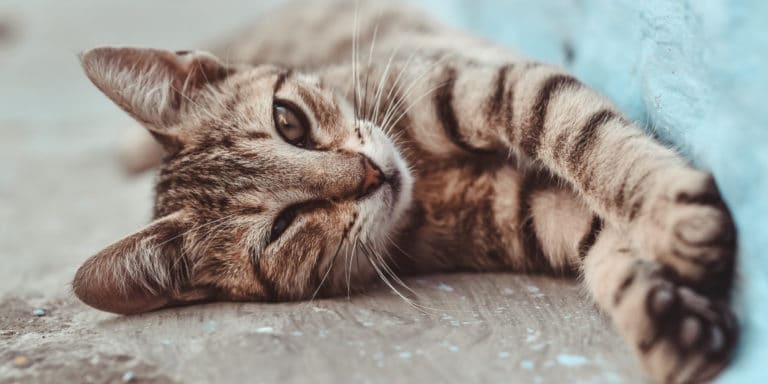One of the scariest symptoms pet parents can deal with is a cat not eating. Food is love whether we’re talking about humans or cats and when a cat won’t eat, it’s distressing. A cat’s lack of appetite can be the result of any number of things, but not all of them are medical problems.
But whatever the reason, loss of appetite in a cat can be a sign of a more serious issue. It’s important to pay attention to your cat’s regular eating habits so you can spot changes immediately and address them quickly.
A loss of appetite can be an early warning sign of a host of medical problems or psychological issues which may require medical advice from your cat’s veterinarian. It can also be your cat being a jerk because they don’t like their cute new food bowl.
Don’t panic right away if your cat is not eating. It could be something as simple as a new food bowl or a new brand of cat food that your cat doesn’t like. Cat behavior isn’t always rational as all pet parents know!
But don’t ignore the issue either, especially if it’s accompanied by rapid weight loss. Rapid weight loss isn’t a good sign in any living creature apart from a human who has undergone weight loss surgery!
We’ll show you 8 reasons why your cat might not be eating, some of them minor and some of them serious. Because food is love and we know you love your cat.
Let’s start with the small stuff.
What happens when you turn to Doctor Google to diagnose your own symptoms? It never ends well. Whatever symptom you research, the answer comes back as something totally horrible and weird like Ebola or elbow cancer.
Of course, it (usually!) turns out you have neither of those things, but the process is scary. It’s no different when you Google “my cat won’t eat,” but there’s no reason to panic immediately. There can be fairly small, easily solvable reasons your cat won’t eat.
1. It Doesn’t Like Its Food
Cats are notoriously finicky eaters, but maybe your cat is a new pet, the first cat you’ve had, and you’re not aware of this. Well, they are! It was a running joke that Garfield loved lasagne for a reason. Torn from real life pet parent experience!
Dogs eat. Cats dine.
If your cat is refusing to eat, did you recently change brands or flavors of food? It happens, sometimes the store is out of the type of food we usually buy, so we just grab something else.
Well, your kitty objects! Cats don’t like change. It could also be related to food allergies. Cat’s can develop them just as humans do.
Maybe your cat is just tired of the food he or she has been happily eating for years. I used to like bananas, and now I don’t. If your cat starts giving you side eye when you fill his or her food dish, it’s probably this. Try something new or go back to the regular brand!
2. Whisker Fatigue (it’s a thing)
Cats are creatures of habit, so if something like a move or even just rearranging the furniture in your house has disrupted their regular surroundings or routine, it can affect your cat’s appetite. It could even be the food bowl! Whisker fatigue is a thing.
If you’ve moved long distance or taken your pet away with you on a long car or air trip, not only is their routine disrupted, but they may be experiencing motion sickness and nausea which of course will affect a cat’s appetite.
3. A Side Effect
Has your cat had a recent vaccination? The lack of appetite can be an adverse reaction to the vaccinations. It’s a common side effect and temporary. It should definitely not put you off having your cat properly vaccinated.
The protection vaccinations offer greatly outweighs the temporary effect on your cat’s appetite.
4. Your Cat is Nuts
Not nuts in the way most cats are, gently pawing anything off a high spot onto the floor for no reason we humans can discern or the kind of nuts you see when they get a little sniff of catnip. They can develop psychological issues like anxiety and depression just as humans can.
Cats can develop depression and anxiety and other psychological issues for a number of reasons, and these issues can be treated.
Cats often suffer from depression as a result of major changes in their routines, such as the death of a family member or companion animal, loneliness or a change in their environment.
Just as mental health issues can be a common cause of appetite loss in humans, it can be the reason behind a cat’s loss of appetite.
5. Dental Problems
I hesitate to put dental issues in the “small stuff” category because I’ve suffered with them myself and know how painful they can be. But some dental problems in cats (and humans) are minor and can be treated easily. But in some cases, dental disease can lead to more serious issues including kidney failure.
It hurts to eat, especially dry food when kitty has dental problems so if your cat is not eating, it can be a sign of dental problems. Your regular vet may be able to treat the issue and if not, can refer you to a vet that specializes in dental issues.
Kitty dentists are a real thing! To keep up your cat’s dental health after that dental visit, try these healthy dental kitty treats.
And now the big stuff.
A lack of appetite can be an indicator of a severe health problem in your cat. If you’ve ruled out the little stuff, these are some things that can be causing a cat’s loss of appetite.
6. Pancreatitis
I have personal experience with this one. I came off a twelve-hour flight after a horrible vacation (I got the flu in a foreign country) and just wanted to be home.
The second I walked in the door, I knew something was wrong with my cat Shadow (No, he wasn’t a black cat. He followed me everywhere as a kitten is how he got that name). We took him to the 24-hour emergency vet (always know the closest one to you before you need to know it) and he was diagnosed with pancreatitis.
When we spoke to the in-house sitter who had been staying with Shadow, he noticed he was lethargic and not eating for a few days. Why he didn’t take him to the vet is still a damn mystery but, moving on.
The next morning we took him to his regular vet, and it was only because of her skill that Shadow lived. The sitter ignoring his lack of appetite and lethargy nearly killed him. If you see these signs in your cat and half ruled out the small stuff, do not wait to take him or her to the vet immediately.
7. Gastrointestinal Problems
This goes beyond a little bit of nausea. A cat’s lack of appetite can be a sign of gastrointestinal problems like colitis, an intestinal parasite or worms, especially if the lack of appetite is accompanied by diarrhea and vomiting.
It can also be a blockage. I saw an episode of one of those pets doctor shows while getting my nails done one day and a cat had eaten a ribbon!
In fact, the cat regularly ate ribbons which begs the question, why didn’t his mom put the ribbons out of reach? I don’t know, but this televised incident was not the first for this cat.
Cats eat weird stuff and sometimes that stuff is not food. This can cause an intestinal blockage which can cause pain and cramping in the cat’s abdomen which will cause him or her to lose their appetite.
8. Kidney Disease
Kidney disease occurs more often in older cats although it can affect cats of any age. This can cause nausea and lethargy which causes them to lose their appetite. There is no cure for kidney disease but the symptoms can be managed, and that can help restore kitty’s appetite.
Make an Appointment
Sometimes it can be hard to decide if you should take your cat to the vet. You don’t like going to your doctor, and neither does your cat, they can find it very stressful.
That’s why it’s important to carefully monitor your cat’s eating habits and rule out as best you can the non-urgent issues like your cat not liking his or her food.
But if your cat’s lack of appetite goes on for a few days or is accompanied by any other symptoms like vomiting, diarrhea, rapid weight loss or lethargy, you shouldn’t hesitate to take them to the vet.
In extreme cases, a cat’s refusal to eat can deplete their protein store which their liver requires to burn fat stores into energy. When protein depletes, and the liver can no longer process fat, this can lead to hepatic lipidosis which can lead to death.
We know you consider your cat a member of your family and want the best for them. Don’t panic if your cat isn’t eating but seek medical care when appropriate. Just like you would for any family member. Feel well kitty!

